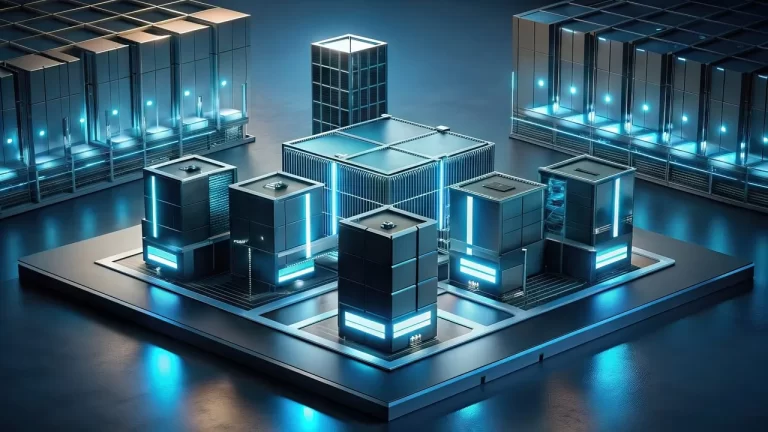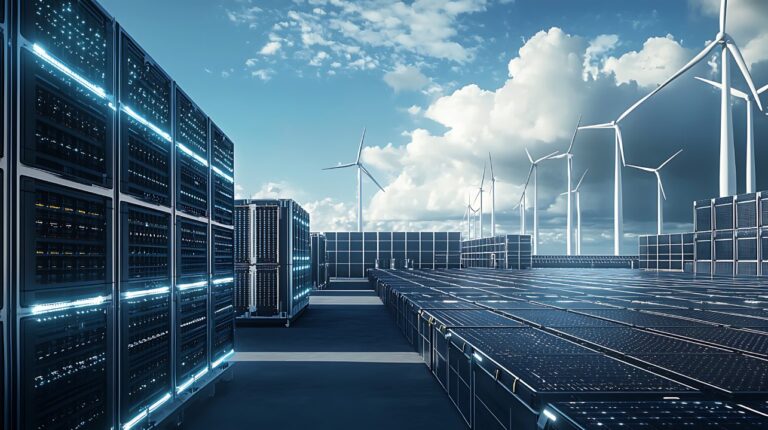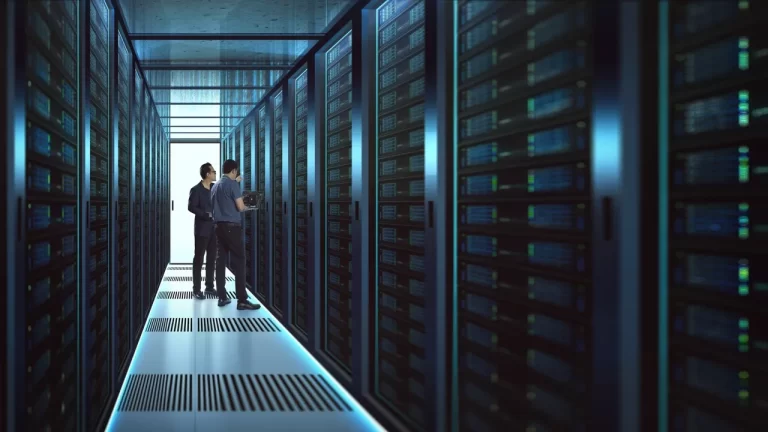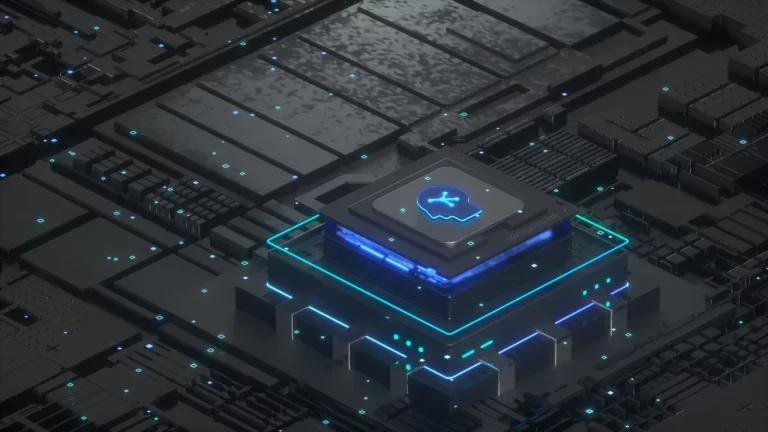What is a virtual data center?
Virtual Data Centers (VDCs) are virtualized forms of traditional data centers in which computing, storage, and networking resources are offered by software Instead of physical infrastructure. While businesses are highly dependent on cloud computing and digital transformation.Virtual Data Centers provide an adjustable, Flexible and Budget-friendly option to physical data centers.
A virtual data center uses technologies which are known as virtualization to improve Resource allocation and to increase flexibility. Virtualization allows organizations to execute multiple virtual machines (VMs) on a single server by reducing the need for costly hardware
A virtual data center uses Virtualization software to create and manage VMs. Various virtualization software like VMware, Microsoft Hyper-V, and Citrix XenServer are now available.
How does data center virtualization work?
Architecture of a data center is designed to provide an organization with specific types of resources. which include processing power, also called “compute” (CPU), storage (RAM and disk space), and networking connectivity. While an organization can deploy all of these resources in an on-prem data center, these same resources are leasable in the cloud. rather than purchasing and maintaining their own physical network, virtual data centers allow organizations to rent virtual networks from cloud providers at need.
A Virtual Data Center (VDC) is a software-defined alternative to traditional physical data centers, offering virtualized computing, storage, and networking resources through cloud technologies. By leveraging virtualization tools like VMware and Microsoft Hyper-V, VDCs allow multiple virtual machines to run on a single physical server, enhancing resource utilization, scalability, and cost-efficiency. They offer businesses increased flexibility, faster deployment, reduced hardware costs, and improved disaster recovery through features like automatic failover and remote accessibility. Ideal for startups and enterprises alike, VDCs support modern business demands such as big data analytics, ERP systems, and remote work environments, making them a key component in digital transformation strategies.
In a virtual data center, the entire data center network is virtualized and Separated from
the supporting hardware. The software creates virtual machines that act like server functionality instead of using dedicated hardware servers. Rather than depending on physical storage arrays, the software Enables the shared use of storage into virtual storage that can be Supplied.
What are the benefits of a virtual data center for morden business?
A virtual data center offers Various benefits for businesses, including the following.
Improved resource utilization
Traditional data centers Usually have a lot of unused capacity because each physical server can run a limited number of services or applications .While running multiple VMs on each server, Companies can enhance resource efficiency, reducing hardware and energy costs.
Increased flexibility
With traditional data centers, it can be tough or may take lots of time to make changes to the environment.As an example, if you need to add more capacity, you may need to purchase new hardware and install it on-site. But With a virtual data center, you can easily Supply additional VMs without purchasing new hardware.
Increased efficiency and productivity
With traditional data centers, employees are Typically fixed at their desks and Required to be in the Office at specified times. In virtual data centers, employees can access applications and data from anywhere and at any time, this leads to increased efficiency and productivity.
Reduced hardware costs
Virtual data centers save money on hardware, energy, and other costs by using quick and easy deployment Without expensive infrastructure.
Automatic failover for increased reliability
In traditional data centers, It ensures that applications are always available and can be difficult. But in A virtual data center make sure the applications are always available, with automatic failover which is handled by the virtual environment.
Improved disaster recovery
If disaster strikes and a Major system failure happens, it can be difficult for traditional data centers to recover because of the Dependence on physical hardware. Virtual data centers Allow quick recovery in case of a Failure, Setting up new VMs in minutes. Also, a disaster recovery system allows you to Move your virtual machines to another host or server if incase hardware failure occurs to ensure continuity without disruption
Use Cases of Virtual Data Centers
Startup Businesses:
Startups can use VDCs to avoid large initial costs for hardware which enables rapid growth and gives flexibility.
Enterprise Workloads:
Enterprises can run High-demand applications, such as big data analytics or Enterprise Resource Planning (ERP) systems effectively within VDCs (Virtual Data Centers).
Disaster Recovery Solutions:
Businesses can set up a secondary VDC (Virtual Data Centers) in another location to make sure business will continue during failure.
Conclusion
In conclusion, virtual data centers are an important advancement in the IT industry. They give businesses great flexibility, help to save money, & improve how they operate. Whether you are a startup trying to keep costs low or a large company needing strong disaster recovery options, virtual data centers are a smart investment for today’s businesses.








